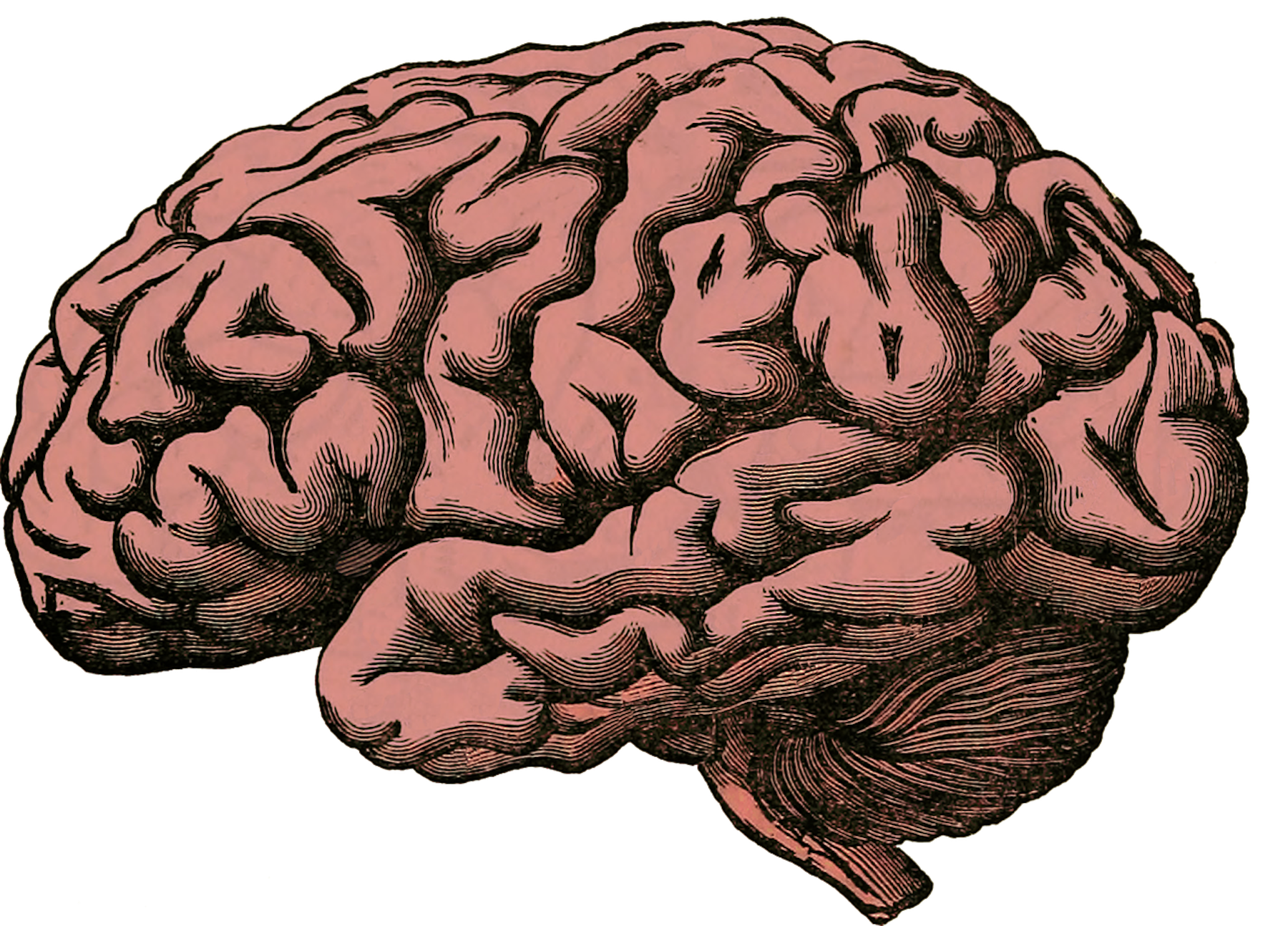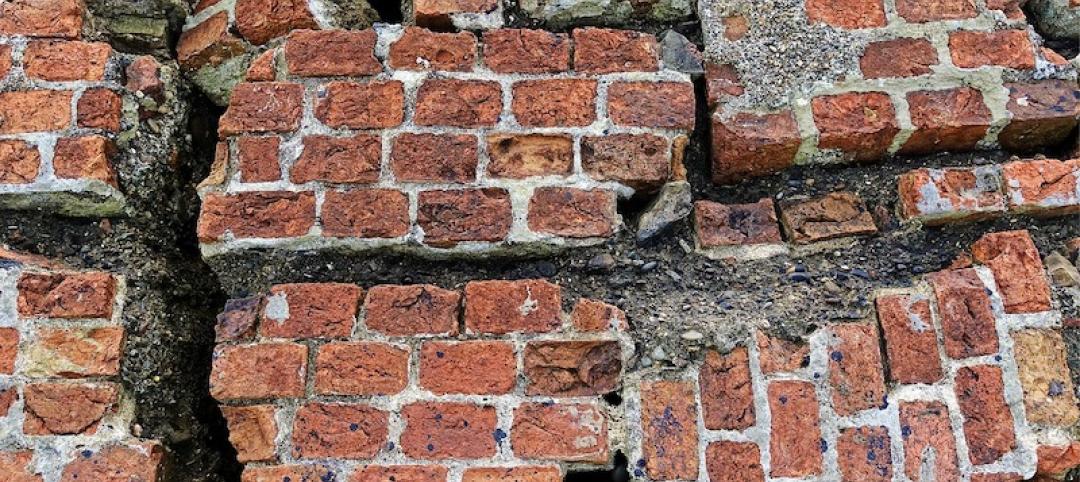HKS and The University of Texas at Dallas’ Center for BrainHealth are conducting a six-month study to improve the way the firm’s employees work, collaborate, and innovate, both individually and as an organization, according to a news release.
The ongoing COVID pandemic has contributed to high levels of worker burnout, even though efficiency and productivity in many industries remain high in this era of hybrid work, the release notes. The study will assess this and other factors.
“The data compiled will be confidential and used to inform our own flexible workplace policies and how we design the built environment for peak brain performance,” HKS says. Nearly 200 HKS employees are involved in the Center for BrainHealth’s BrainHealthy Workplace program, which offers online training, think tanks, and daily brain exercises over a six-month span to optimize brain health.
Dr. Upali Nanda, HKS global director of research, said the partnership with the Center for BrainHealth could be a critical tool in mapping the firm’s future, with worker wellness at the forefront. “It is particularly timely right now when we are in this era of experimentation around the workplace and are battling high levels of burnout,” Nanda said. “Understanding the tenets of brain health allows us to reframe the role of the workplace, leverage the potential of flex work experience, and focus on peak performance of our people and their ability to think, create, and innovate.”
Related Stories
Codes and Standards | Mar 23, 2020
Florida legislature passes bill to reduce retainage on state and local projects
House and Senate vote is nearly unanimous; law would go into effect Oct. 1.
Codes and Standards | Mar 20, 2020
Feds prod use of eminent domain to force people out of flood-prone homes
Local officials that don’t comply could lose federal money to combat climate change.
Codes and Standards | Mar 19, 2020
ASHRAE provides COVID-19 resources for operating, maintaining HVAC systems
Includes recently approved position document on Airborne Infectious Diseases.
Codes and Standards | Mar 19, 2020
CaGBC launches new version of its Zero Carbon Building Standard
Version 2 draws on lessons from more than 20 zero carbon projects.
Codes and Standards | Mar 16, 2020
Concrete industry reduces carbon footprint by 13% over five years
Result mostly due to more efficient use of Portland cement.
Resiliency | Mar 13, 2020
Feds push use of eminent domain to force people out of flood-prone homes
Local officials that don’t comply could lose federal money to combat climate change.
Codes and Standards | Mar 12, 2020
Design guide for sloped glazing and skylights updated for first time in 30 years
Helps with choosing proper glass for non-residential applications.
Codes and Standards | Mar 11, 2020
Two tree species native to the Northeast found suitable for CLT
Eastern white pine and eastern hemlock pass strength testing.
Codes and Standards | Mar 10, 2020
Prescient receives ICC certification for seismic resilience system
Technology suitable for buildings up to 12 stories in earthquake-prone areas.
Codes and Standards | Mar 6, 2020
Design firms creating plans to re-imagine D.C.’s tidal basin
Area including National Mall is facing increased flood risk.

















